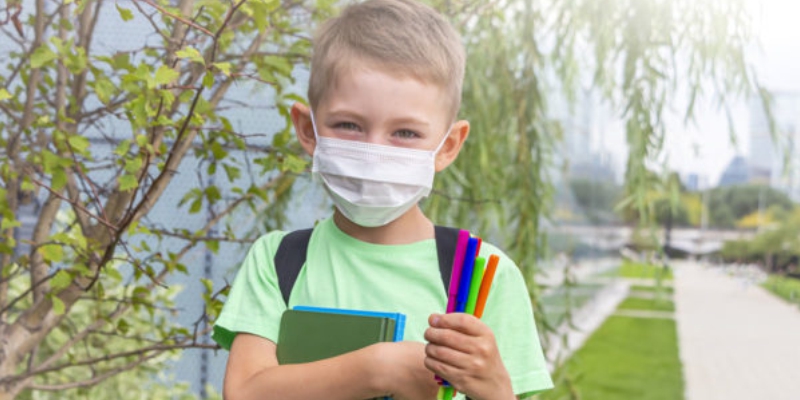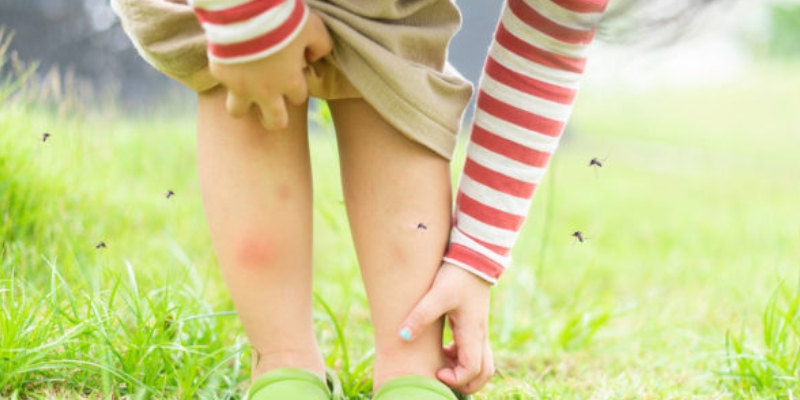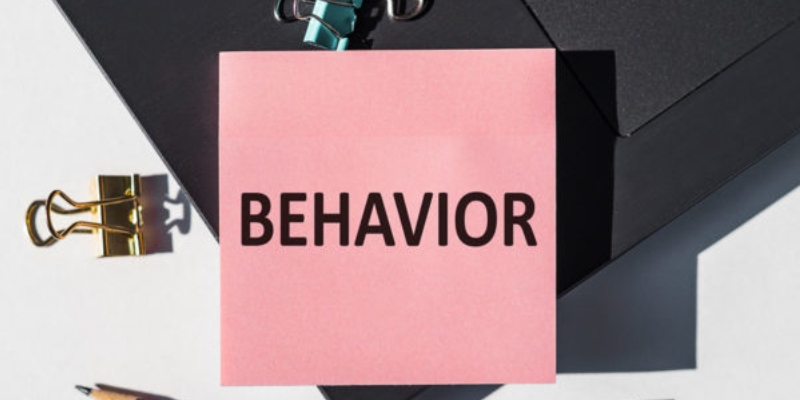Author – Dr. Pawan Deep Singh, M.B.B.S,DCH,DNB Pediatrics
Consultant of Paediatrics
How Frequently Should a Child See a Paediatrician?
Some parents may be over cautious while visiting the best paediatrician in Zirakpur. The other set of parents may become worried about the thought of visiting a paediatrician in Zirakpur and delay until the very last minute. Often, parents do not want to take their child to see the doctor until their child is certainly ill. According to Dr. Pawan Deep Singh, MBBS, DCH, DNB Paediatrics, parents should at least take their child every year for a wellness check. Yearly visits allow the doctor some time to assess the child and pinpoint any possible physical, mental, or emotional problems. Once a yearly visit helps the doctor to keep a tab on any medical changes and required vaccinations to protect your child.
What are Wellness Visits?
A wellness visit allows the paediatrician in Zirakpur to see how well your child’s growth is proceeding. As a baby grows, their doctor can monitor every aspect of their growth including, motor skills, social interactions, speech, and so forth. In case of any issue, the doctor can alert the parent to monitor the child and report back before the next wellness visit.
How Often Should Your Child Visit the Doctor?
The best paediatrician in Zirakpur recommends at least seven wellness visits between the ages of 1 and 4 as below:
- 12 months.
- 15 months.
- 18 months.
- 24 months.
- 30 months.
- 3 years.
- 4 years.
After 4 years of age, the child should visit the paediatrician at least once a year for an annual checkup. Of course, if your child catches any infection or disease in between, you should visit the paediatrician at the earliest.
Why Your Child Needs to See a Paediatrician?
Your child may need a paediatrician to assess health, growth, and development. You may want to visit the paediatrician at the earliest for assessment and treatment of :
- Asthma.
- Attention deficit hyperactivity disorder (ADHD).
- Behaviour challenges.
- Autism.
- Developmental delays.
- Disabilities include Down’s syndrome or cerebral palsy.
- Learning problems.
- Muscle or bone problems.
- Sleep problems.
- Poor growth.
How Do You Know if Your Child is Growing and Developing on Schedule?
The paediatrician in Zirakpur can help you understand how your child is developing and learning to do new things. These are called “developmental milestones”. Here are a few developmental milestones that as a parent you must know:
By the age of 2 months, most babies:
- Lift their head when lying on their stomach.
- Look at your face.
- Smile.
- React to loud sounds.
By the age of 4 months, most babies:
- Bring their hands to their mouth.
- Make cooing sounds.
- Hold toys.
- Turn their head to the sound of your voice.
- Make sounds when you talk to them.
By the age of 6 months, most babies:
- Lean on their hands for support when sitting.
- Roll over from their stomach to their back.
- Show interest and reach for objects.
- Recognize familiar people.
- Look at themselves in the mirror.
By the age of 9 months, most babies:
- Start making different sounds.
- Smile or laugh when you play peek-a-boo.
- Look at you when you say their name.
- Sit without support.
Visiting a paediatrician at regular intervals can help you keep track of your child’s development. In case you feel that your child is not matching the milestones, consult Dr Pawan Deep Singh at the Motherhood Hospitals.
At Motherhood Hospitals, we have a team of experienced specialists backed by the latest infrastructure and facilities. We have the best Gynaecologist in Chandigarh.
Do take an appointment with the best Gynaecologist in Chandigarh at a centre closest to you. Meet with our doctors who will carry out the required investigations, diagnose the issue and recommend the most appropriate treatment, enabling you to lead an active life.
If you wish to get in touch with Dr. Pawan Deep Singh, please book your appointment here


 Toll Free Number
Toll Free Number
















